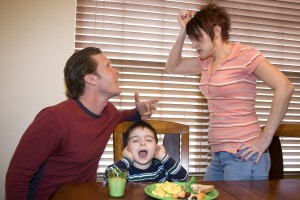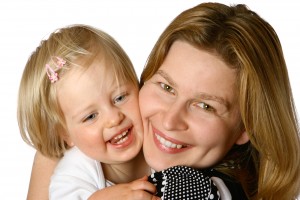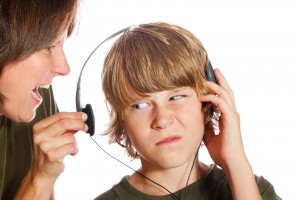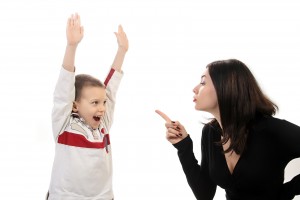Receive your FREE Parenting Advice through this blog. Simply ask Bob Lancer your question and receive his Lancer’s Answer in this blog.
Understanding the many factors that may contribute to a child’s routine emotionalmeltdowns may provide a concerned parent with the help needed for solving the problem:
- A parent is slipping into deep states of depression or discouragement and coping poorly with that by engaging in destructive action or speech
- The child feels frustrated by some form of instability at home, like parents not getting along, or parents discussing (or going through) separation or divorce.
- The child routinely feels tired because she is staying up too late or not getting enough sleep (or the child is suffering from some other form of physical distress)
- Children “melt down” (as adults often do) when they feel that they are not receiving the parent help they need when they use more calm forms of expression. This can be the result of:
- The parents paying insufficient attention to the child BEFORE she blows up or acts out
- The parents responding defensively to the child’s attempts to communicate a need.
- The parents over-relying on the child’s ability to verbally articulate her wants and needs – At least 75% of communication is NON-verbal, and to receive that message you have to observe facial expressions, physical behavior, gestures, voice tones, etc.
- The parents interrupt and talk over the child when she is trying to express herself verbally.
- The parents routinely express an attitude of “I am right and you are wrong” rather than expressing, “I hear and understand you and will do my best to give you the parent help you need for happiness AND responsibility”.
- Someone in the household is modeling emotional explosiveness and blaming it on someone else. (Usually the parent explodes in response to the child and blames the child for the anger, resentment, impatience, frustration and outburst.)
Part 2 of Parent Help For Child Emotional Meltdowns will be posted in the next parenting blog entry.
Receive your FREE Parenting Advice through this blog. Simply ask Bob Lancer your question and receive his Lancer’s Answer in this blog.





 button.
button. 






























